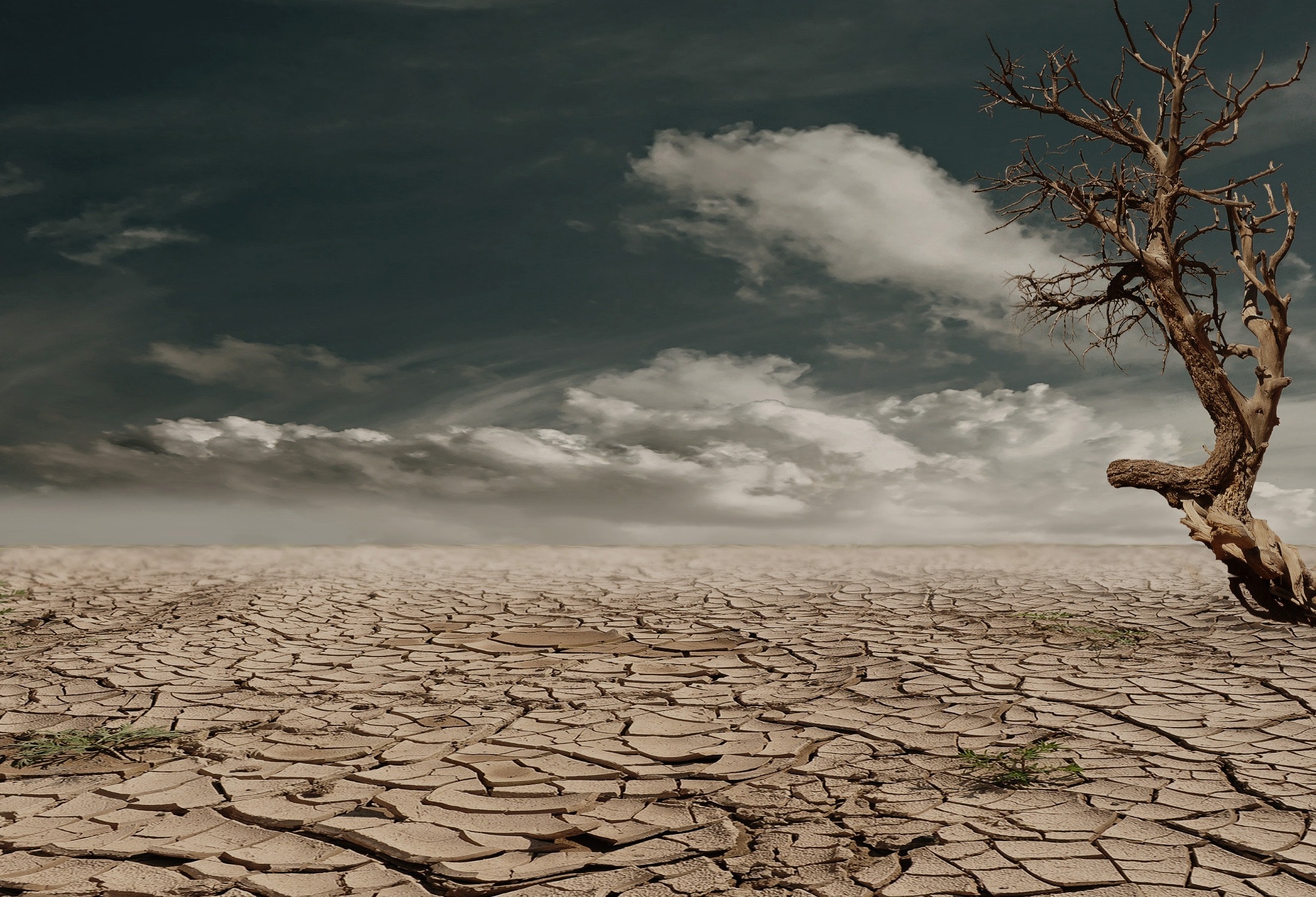As a journalist, I am happy to report on the impact of climate change on public health and how we can prepare for the future. Climate change is a global issue that affects every aspect of our lives, including our health. The World Health Organization (WHO) has identified climate change as the greatest threat to global health in the 21st century.
The effects of climate change on public health are numerous and varied. Rising temperatures can lead to heat-related illnesses, such as heat stroke and dehydration. Extreme weather events, such as hurricanes, floods, and wildfires, can cause injuries, displacement, and mental health issues. Air pollution, which is exacerbated by climate change, can cause respiratory problems, heart disease, and stroke.
To prepare for the future, it is important to take action now. Governments, businesses, and individuals can all play a role in mitigating the effects of climate change on public health. This includes reducing greenhouse gas emissions, investing in renewable energy, and promoting sustainable transportation. It also means improving public health infrastructure, such as hospitals and emergency services, to better respond to climate-related disasters.
As a journalist, it is important to verify information and sources when reporting on climate change and public health. This can involve conducting interviews with experts in the field, reviewing scientific studies, and fact-checking information before publishing. It is also important to adhere to journalistic ethics, such as avoiding sensationalism and ensuring accuracy in reporting.
In conclusion, the impact of climate change on public health is a pressing issue that requires immediate action. By taking steps to reduce greenhouse gas emissions and improve public health infrastructure, we can prepare for the future and protect the health of our communities. As a journalist, it is my duty to report on this issue accurately and responsibly, and to encourage others to take action as well.




